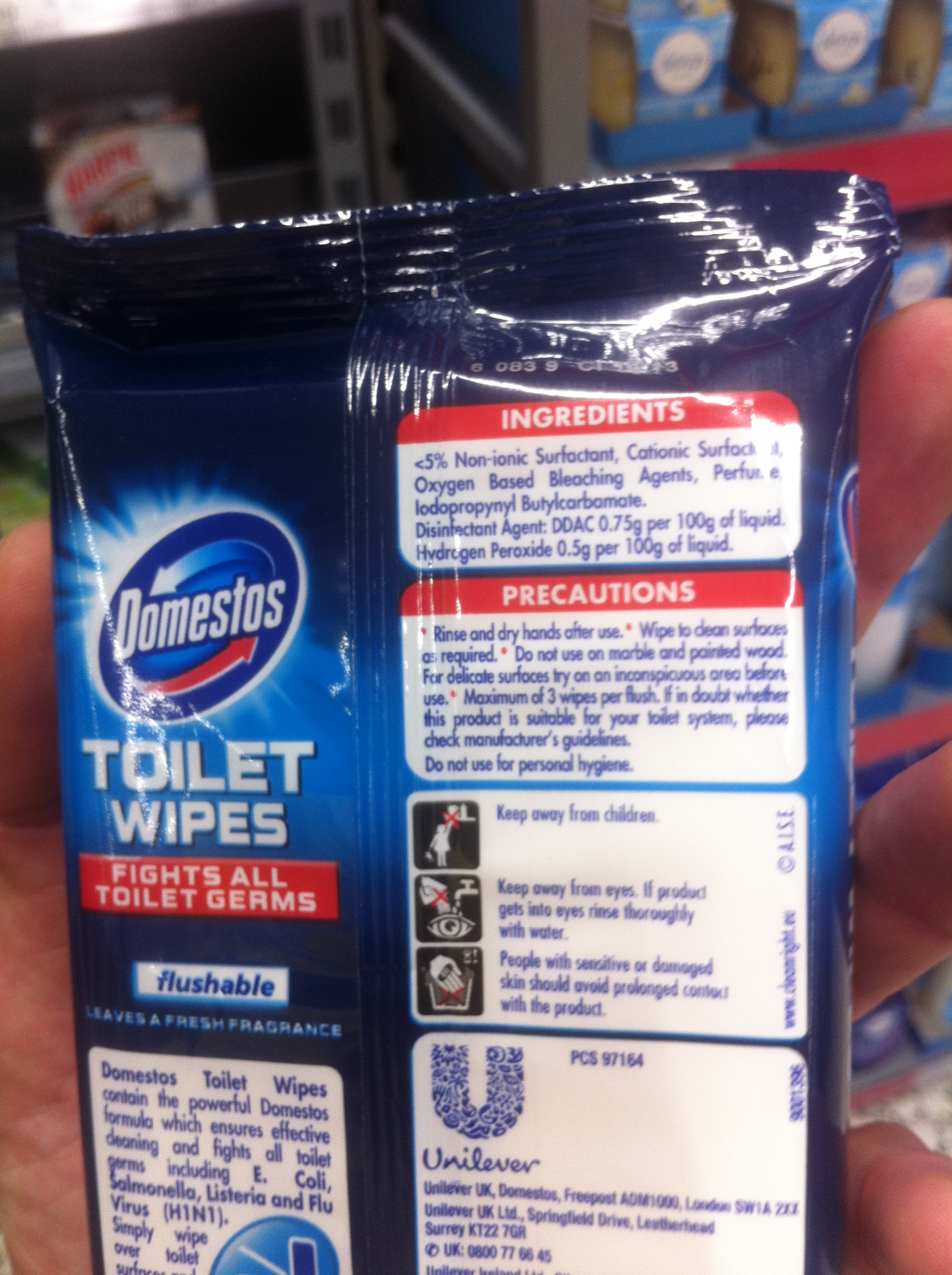Some of the study’s unique approach has come from combining engineering knowledge with previous work undertaken by Emma Roe and Paul Hurley in their development of the ‘Cultural Geographies: Becoming an ecological citizen’ methodology. This approach considers the possibility of reframing the idea of citizenship as being not only in relation to the State, but in relation to a broader ecology of human and nonhuman life – food animals, plants, microbes, etc. Indeed, the methodology evolved out of work around food, in participatory research that combines material practices (doing things), with creative processes (making things) and discursive practices (talking).
 With ‘Fighting superbugs on the home front: becoming an ecological citizen in your bathroom’, we were interested in translating this framework to the domestic space, and the geographies of microbial life and of waste water systems. Our interdisciplinary approach hopes to feed into future work across engineering and microbiology to understand the interrelation of domestic cleaning practices and AMR in waste water.
With ‘Fighting superbugs on the home front: becoming an ecological citizen in your bathroom’, we were interested in translating this framework to the domestic space, and the geographies of microbial life and of waste water systems. Our interdisciplinary approach hopes to feed into future work across engineering and microbiology to understand the interrelation of domestic cleaning practices and AMR in waste water.
